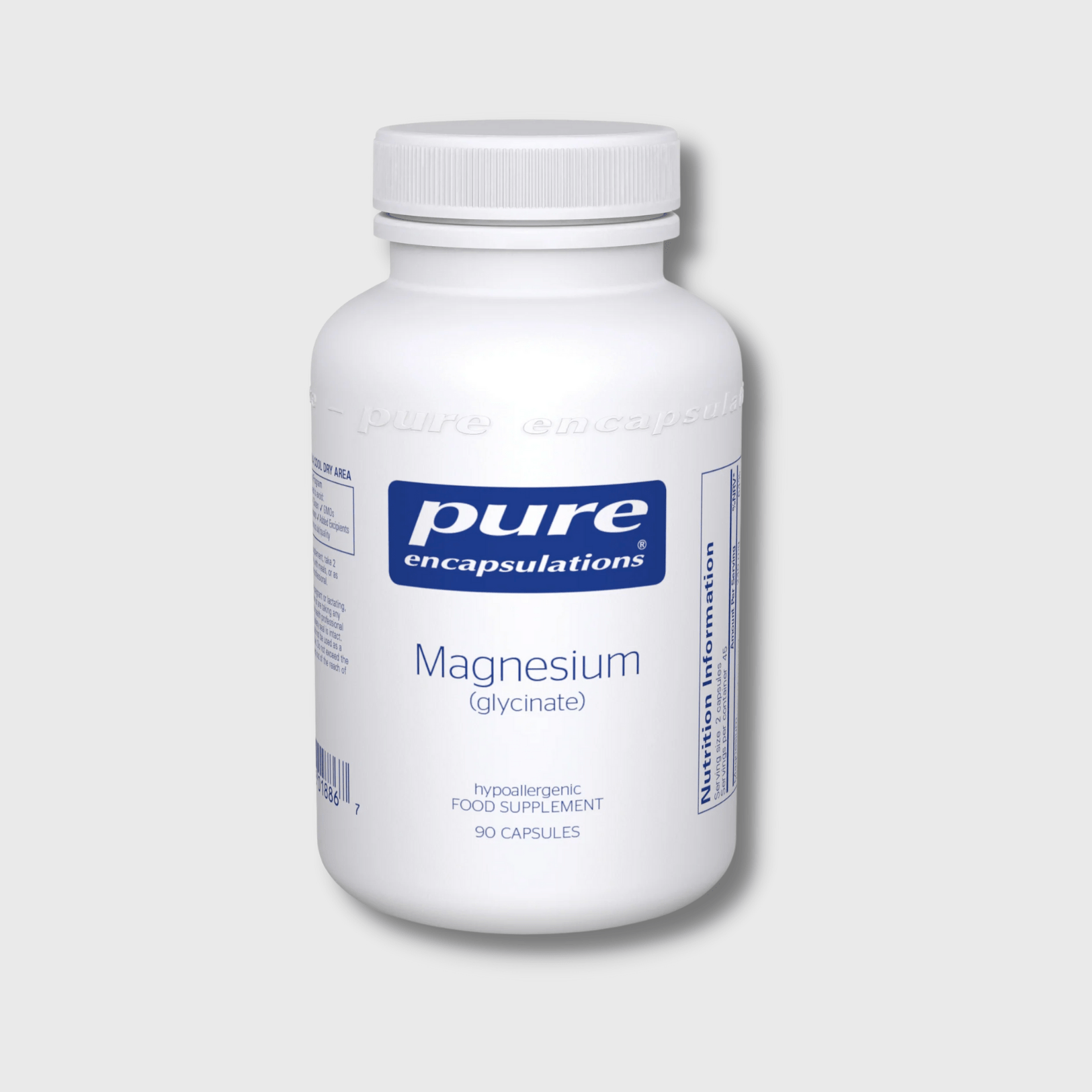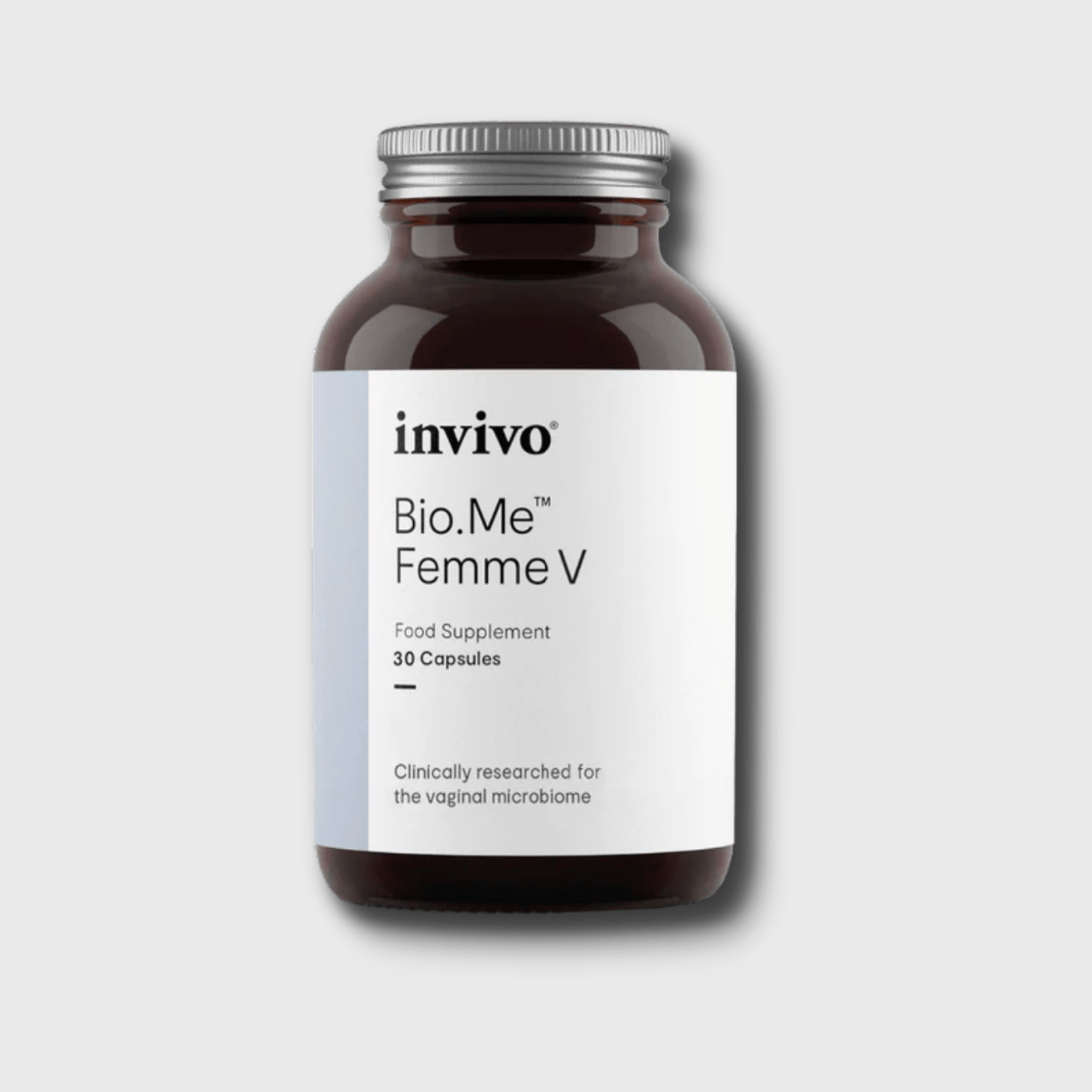
A Nutritionist’s Guide to Supplements Part 1: Debunking myths & understanding the fundamentals of vitamins
In this series we're diving into the essential role supplements can play in achieving optimal health. Beyond covering the basics, this guide will help give you a clear understanding of essential nutrients - what they are, why they matter and how they support your health. We will mainly focus on six categories: vitamins, minerals, gut support, amino acids, omegas, and botanicals, breaking down their roles and benefits in a way that's easy to understand.
Six supplement myths debunked
Before we explore the different nutrients, it is crucial to address the most common supplement myths that can affect how we approach our own health and wellbeing.
Myth one: Supplements can replace a bad diet
Your diet is an important part of your health journey and must always be the foundation. Supplements are the additional bits. They cannot replicate the vital elements that real food contains like fibre, enzymes, and compounds that can’t easily be put into capsules.
Myth two: You don't need supplements if you eat well
Even a healthy diet can leave you lacking in nutrients due to depleted soils. Over the last 50 years there has been a 20-50% decline in nutrients in our soils. Furthermore, your gut health and medication like Proton Pump Inhibitors (PPIs) or the contraceptive pill will always impact how well you digest food.
Myth three: Natural means safe
The idea that natural always means safe is false. Herbs can be incredibly potent, and even common supplements like Omega-3 can have strong effects. You should always be aware of taking any supplements if you are already on medications, such as blood thinners. Additionally, during pregnancy, only certain supplements can be taken.
Myth four: All supplements are equal
Not all supplements are created equal. They differ in absorption, dosage, ingredients, and nutrient forms. For example, practitioner-grade supplements often use forms that your body can easily break down and absorb, while cheaper forms may not be as effective at boosting your nutrient levels.
Myth five: They're just expensive urine
This myth comes from the fact that some water-soluble nutrients aren't stored in the body and are excreted. However, the yellow colour often seen in urine comes from Vitamin B2 (Riboflavin) and simply reflects your body eliminating the excess after using what it needs, so it's not wasted, it's working as intended.
Myth six: Supplements don't feel like they're doing anything
They are not like a paracetamol for a headache, which gives an instant result. Supplements are about restoring, repairing, and rebalancing on a cellular level. Effects often happen "underneath the bonnet" and can take 2-3 months to become noticeable.
Understanding vitamins: water soluble vs. fat soluble
Vitamins are nutrients that help our body run smoothly, supporting energy, immunity, skin, hormones, and brain health. They come in two forms:
Water soluble
These are B and C vitamins. They are not stored in the body and are excreted daily, mostly through the urine. Because of this you need a regular daily intake from food or supplements. High doses of Vitamin C are excreted, and may potentially cause loose stools.
Fat soluble
These include vitamins A,D,E and K. They are predominantly stored in the liver and body fat which allows your body to use them over time. Because they accumulate, taking excess amounts can increase the risk of toxicity.
Key vitamins and their roles
Vitamin A supports skin, eyes, and immunity, which is why you may have heard that eating a lot of carrots can help you see in the dark. This is because carrots are full of beta carotene which is a precursor that the body converts into vitamin A, and helps our eyes. Beta carotene can be found in two different sources: one is an animal source, which are liver, eggs, dairy, and that's in the form of retinol, and the other is in the form of beta carotene.
Vitamin B is a water-soluble vitamin, that supports mood, the nervous system, hormones and energy. Vitamin B helps turn our food into energy and is a really important vitamin. People who are low in vitamin B could be low in energy and potentially have mood issues. A lot of B vitamins are utilised in the small intestine, so they get easily depleted with stress, alcohol, medication, and with poor gut health. Always speak to a specialist as some medications can affect how your body absorbs vitamins.
When your B12 levels are low, it can affect your hormones and overall energy. B12 deficiency can include low mood, fatigue, brain fog, and heart palpitations.
Vitamin C is essential for collagen production, infection immunity, and iron absorption. It is easily depleted by stress, smoking, alcohol, and infections. It’s mainly found in citrus fruits, berries, peppers and leafy greens.
Smoking, vaping, stress, alcohol, a poor diet, and infections will dramatically bring the vitamin C down in your body. Vitamin C is also water-soluble and heat-sensitive, so boiling vegetables can reduce their vitamin C content. Steaming or stir-frying can help preserve more of this essential nutrient.
Stress has a major impact on your vitamin C levels. The adrenal glands store a significant amount of vitamin C, and during periods of stress, these stores can be rapidly depleted. This depletion can make you more susceptible to infections when you’re stressed.
Vitamin D supports bone health, mood and immunity, and acts as a pseudo-hormone influencing over 200 genes. Deficiency is extremely common in the UK and Northern Hemisphere countries, because the lack of sunlight from late Autumn to early Mid-Spring limits the body’s absorption of vitamin D. Limited sun exposure either by staying indoors or covering up outdoors can further reduce vitamin D absorption.
The recommended daily intake is about 400 IU. If you're in the sun for about 20 minutes, you would absorb about 10,000. Practitioner maintenance doses often start at 2,000 IU.
Vitamin E is a really powerful antioxidant found in oils, nuts and seeds. It supports skin, heart, and hormone health and has even been nicknamed the “fertility vitamin”. Modern diets high in processed oils can reduce our intake of high-quality vitamin E, which is why it’s important to focus on unrefined, natural oils and plenty of nuts and seeds rather than heavily processed seed oils.
Vitamin K is found mainly in fruits, vegetables and fermented foods. It works closely with vitamin D, helping the body make the most of vitamin D’s benefits, and also supports healthy blood clotting. Along with vitamin D, magnesium and calcium, vitamin K is really important for bone health, acting like the conductor that coordinates their efforts.
It’s important to consider additional lifestyle factors that can affect vitamin intake, such as stress levels, alcohol consumption, smoking and the use of medications, among others.
We hope that you found part 1 of our Nutritionist’s Guide to Supplements helpful. Keep an eye out for Part 2 in the series, where we’ll cover the body’s Minerals (Magnesium, Zinc, Iron, Calcium, Selenium), Omega Oils, and Amino Acids.
Share






